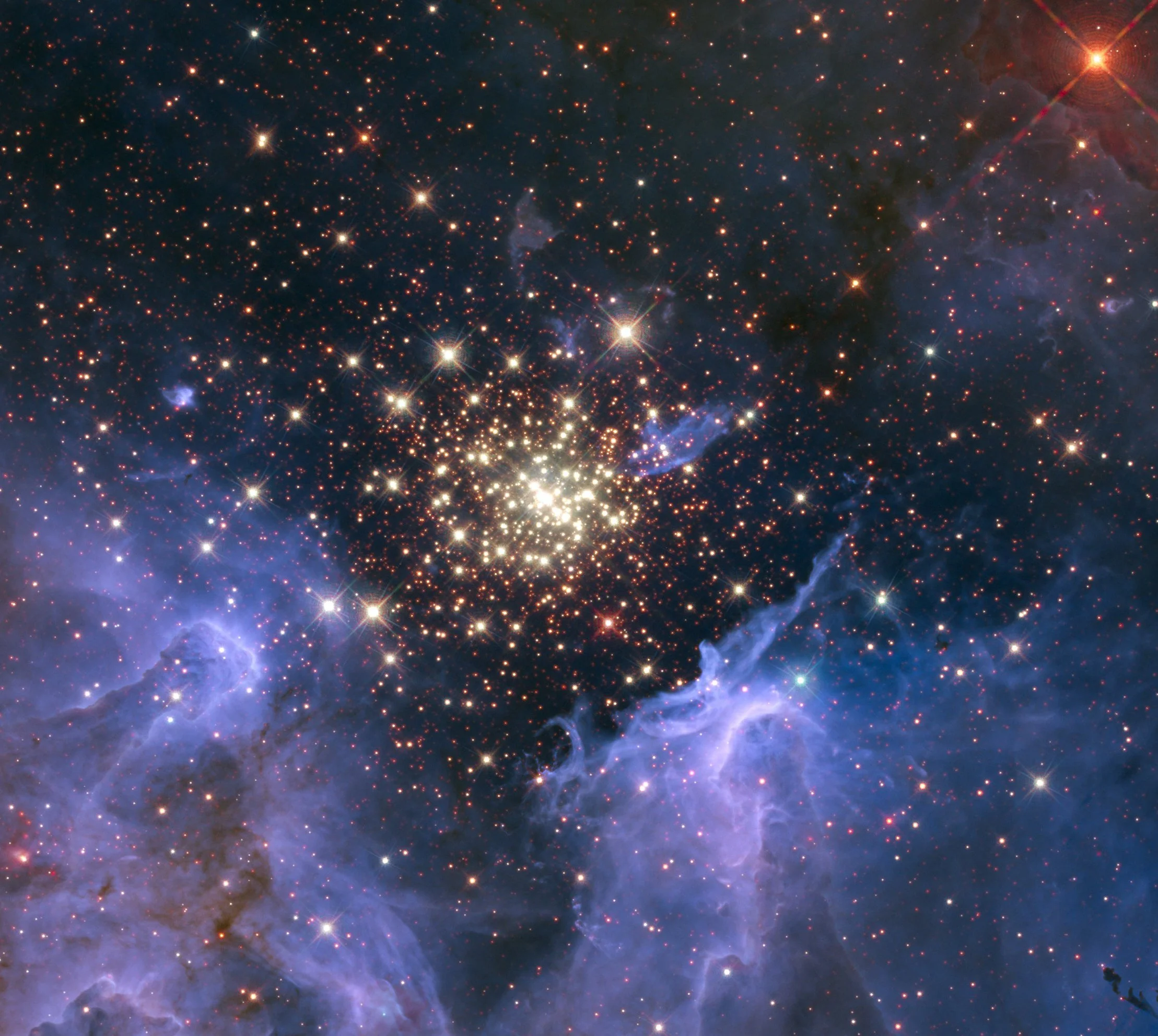Love for someone else is possible only if we become genuinely interested in them. We can be attracted to them by an array of qualities but love itself happens because of our desire to know more about them: what gives them joy, what interests them, what are their hopes and dreams. As we get to know them better, we begin to understand them and gain insight into them. Interest is the ground on which we step that allows love and understanding to bloom. As great as our love for another person becomes, it is but a baby step.
The spiritual hierarchies are interested in us; they love us. We will find that our experience of love here on earth is a mere reflection of the love we experience among the hierarchies in the spiritual world between earth lives. Each cycle of life as we go back and forth between earth and “heaven” is held with interest by the hierarchies, most specifically by our guardian angels. We are never alone and never unloved, but most of us don’t know it. Many of us aren’t interested in knowing it, but nevertheless, between each earth life, we are part of this communion with the hierarchies.
We may recall from previous posts that how we live our lives on earth affects our ability to fully encounter the beings of the hierarchies after we die. It is our own responsibility to work toward our inner development, and if we choose not to do that, not only do we find it difficult to feel love toward each other and all of humanity, to work together toward common goals, we also will have difficulty communing with the hierarchies after death which then hinders our ability to love in our next life. And so on.
Let’s see what Dr. Steiner has to say:
(Some) people here on Earth are incapable of unfolding love in which there is real strength, incapable of unfolding that all-embracing love which comes to expression in the power to understand other people. We may say with truth: it is among the Gods, in pre-earthly existence, that we acquire the gift for observing other people, to perceive how they think and how they feel, to understand them with inner sympathy. If we were deprived of this association with the Gods, we would never be capable of unfolding here on Earth that insight into other human beings which alone makes earthly life a reality.
When in this connection I speak of love, and especially of all-embracing human love, you must think of love as having this real and concrete meaning: you must think of it as signifying a genuine, intimate understanding of other people. If to the all-embracing love of humanity, this understanding of others is added, we have everything that constitutes human morality. For human morality on Earth—if it is not merely expressed in empty phrases or fine talk or in resolutions not afterwards carried out—depends upon the interest one person takes in another, upon the capability to see into the other person. Those who have the gift of understanding other human beings will receive from this understanding the impulses for a social life imbued with true morality.
So we may also say: everything that constitutes moral life in earthly existence has been acquired by human beings in pre-earthly existence; from our communion with the Gods there has remained in us the urge to unfold, in the soul at any rate, community on Earth as well. And it is the development of a life where the one person together with the other fulfils the tasks and the mission of the Earth—it is this alone that in reality leads to the moral life on Earth. Thus we see that love, and the outcome of love—morality—are in very truth a consequence of what man has experienced spiritually in a pre-earthly existence.
Excerpt from: Man and the World of Stars. Lecture IV: Rhythms of Earthly and Spiritual Life, Love, Memory, the Moral Life, by Rudolf Steiner. Dec. 15, 1922, Dornach, Switzerland.
We can be grateful to those who love us and allow us to love them because we need to know what love means. And we can feel grateful for meaningful work with others—work that accomplishes something in the world—work we could not do if we didn’t have others working alongside us. We can also be grateful for the flame that ignites our interest in others and our will to work in the world. The impetus to be our best selves, to create community in the world, to truly love, comes from the hierarchies in the world we live in before birth and again after death, whether we believe in them or not. But we must purposefully direct our wills to overcome the distractions of our world in order to utilize this gift of the gods, in order to genuinely encounter each other.
All around us in 2024 we can find the results of a lack of capacity to see and understand the other: we have lost our moral compass. We define people by our sympathies and antipathies instead of seeing them as having souls like us. The results of this are horrific. To become complete human beings, we must fight our own lethargy, our own prejudices, to seek insight into each other. Becoming a whole human being, a moral human being, is the hardest thing we can do because no one can do it for us. Yet this is our real work, the work that matters.
A meditative practice, of contemplation in the quiet of our own minds, even for just five minutes every single day, is a start. This is so much harder to do than it sounds. Try it.








